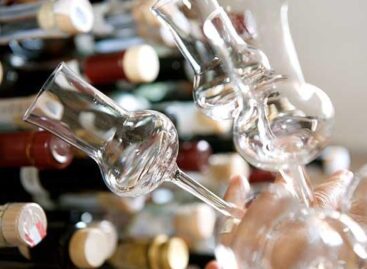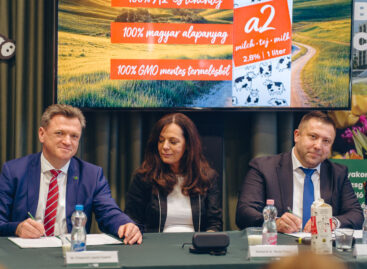There will always be buyers for quality pálinka

Károly Gerendai
wine expert
METRO
Károly Gerendai, METRO’s wine expert:
“Pálinka is a cult spirit and it isn’t simply a drink that is made in Hungary, but a Hungaricum product. This also means that there will never be a shortage, pálinka will always be available.”
The expert calculates with a 10-20% price increase this year.

Márton Vajda
premium spirits and coffee manager
Coca-Cola HBC
Magyarország
Márton Vajda, premium spirits and coffee manager of Coca-Cola HBC Magyarország:
“For pálinka the HoReCa channel is very important in sales. At the end of the last wave of the coronavirus pandemic, we began to give the necessary assistance to our partners in bars and restaurants.”
László Nagy, owner of Kunság-Szesz:

László Nagy
owner
Kunság-Szesz
“We see a revitalising market in retail trade too. In 2021 spirit sales represented a value of HUF 124bn and from this HUF 14bn was spent on pálinka, which made this spirit the fourth most popular variety.”
Tibor Vértes, owner of Agárdi Pálinkafőzde:

Tibor Vértes
owner
Agárdi Pálinkafőzde
“We had to set higher prices for our products as well, because of the growing production costs. There is also the problem of raw material shortage.
For the status of pálinka
Károly Gerendai opines that consumer opinion about pálinka is very positive, and its quality is reliable because it comes from traceable sources, therefore there will always be demand for it. Tibor Vértes explained that pálinka’s image has to be improved among young consumers. This could be done best with the help of a collective marketing strategy. Pálinka can only remain competitive if there is constant communication about it.
Márton Vajda called our attention to the importance of product innovation, as consumer habits and taste keep changing. The category could be made more popular and reach new consumers by introducing new flavours or flavour combinations. László Nagy reckons that besides good quality, the key to a distillery’s success is modern production technology and more efficient distilling.
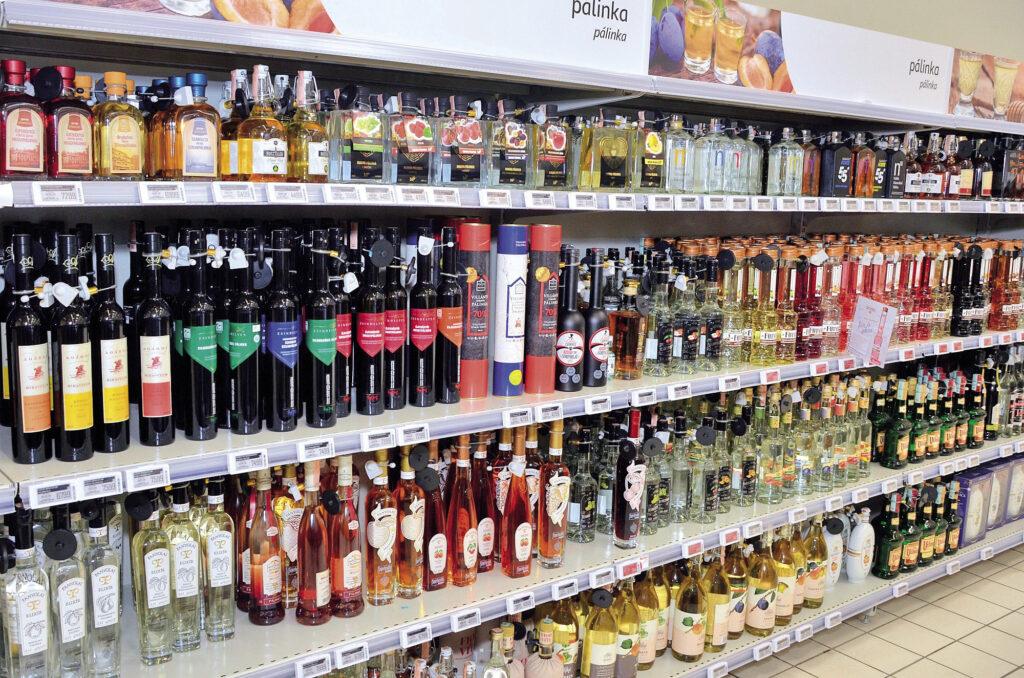
What the trade needs is outstanding professionals, industry lobbying, support and coordinated marketing
For the future of pálinka
Mr Gerendai told us: he isn’t sure that pálinka should be modernised in any way. He believes that the three keywords for pálinka are country, tradition and culture. Mr Vajda talked to Trade magazin about how to promote the consumption of premium pálinkas. This task involves regularly educating consumers and buyer partners, implementing targeted marketing campaigns and taking premium quality pálinka to grocery stores, bars and restaurants all over Hungary. Mr Nagy reckons that commercial pálinka distilleries should receive state funding, in order to avoid quality pálinka’s disappearance from the market because of illegal and home distilling. Mr Vértes spoke about the need for the pálinka category to appear on platforms where consumers are present on a daily basis. //
Only innovative distilleries can make progress
Our magazine interviewed László Mihályi, president of the National Council of Pálinka (PNT)
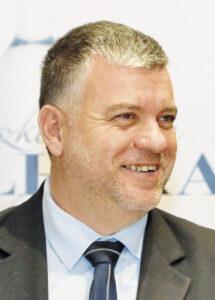
László Mihályi
president
National Council of Pálinka
“Pálinka sales were much higher in the first half of 2022 than in the same periods of the Covid years – I am talking about 760,000 litres of 50% abv pálinka (in 2021 540,000 litres were sold, in 2020 sales reached 484,000 litres); but we are still miles away from the 894,000-litre sales performance in the first half of 2018.
Fruit prices have increased by 20-30%, but pálinka also became more expensive because of higher salary costs and energy prices. Plus there aren’t enough bottles available due to the war in Ukraine. A lot of fruit farmers are suffering from a labour force problem too. Since fruit is more expensive than the main ingredients of other spirits, pálinka can’t compete with these drinks.
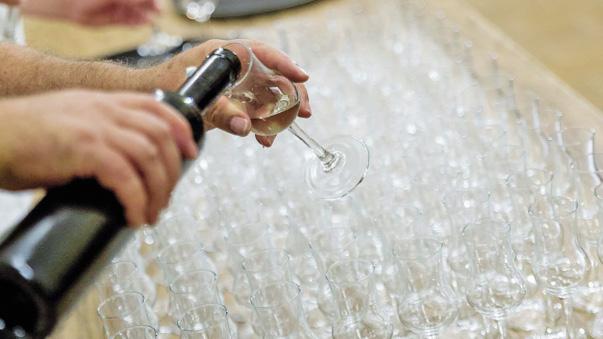
As abandoned, every market player tries to survive on their own
The government doesn’t really care about the problems of the sector where the No.1 Hungaricum product is made. Stakeholders can propose ideas to the decision-makers through PNT, but the majority of these are rejected. Government support would be needed to change this situation, but a campaign like this costs billions of forints.” //
Trade conference
On 6 December – the day of Hungarian pálinka – the National Council of Pálinka (PNT) and the Hungarian University of Agriculture and Life Sciences (MATE) organised a trade conference.
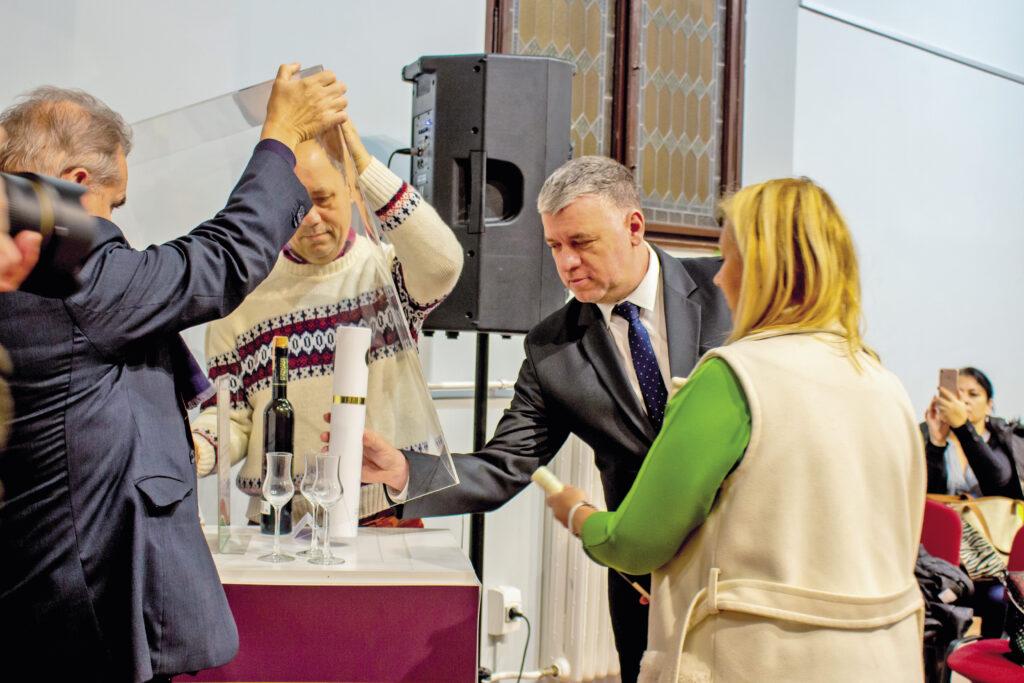
Hungary’s best pálinka is traditionally displayed in the Hungarikum cabinet of the Agricultural Museum
PNT president László Mihályi gave the keynote speech, speaking about the objectives of the conference. Master distiller Sándor Ács stressed the importance of using the best ingredients. PNT vice president Géza Béli talked about the importance of having a comprehensive pálinka strategy for Hungary.
State secretary Tamás Andréka said: the use of geographical indications can help in brand building. Master distiller István Jákob spoke about the relationship between pálinka and Hungarian cuisine. Péter Ondré, CEO of the Agricultural Marketing Centre (AMC) offered their help to the pálinka sector. At the conference Hungary’s best pálinka in 2022 was also named: Elder Pálinka by Brill pálinka distillery. //
Hungary’s excellent pálinkas
Within the framework of the National Pálinka Excellence Programme of the Ministry of Agriculture, Hungary’s best pálinkas were selected for the ninth time in 2022. State secretary Márton Nobilis told: today pálinka is a high quality spirit, one of Hungary’s best and most characteristic products, which is a real Hungaricum.
Sixteen pálinka distilleries entered the contest with 103 pálinkas. The jury panel decided that 67 items from 13 distilleries were worthy of a certification: 49 became Pálinka of Excellence and 18 were named TOP Pálinka of Excellence. In 2022 the sour cherry pálinka of Lunczer Pálinka House won the special award of the Ministry of Agriculture. //
This article is available for reading in Trade magazin 2023.2-3.
Related news
The price of growth – the well-working Coop approach: An interview with Dr István Rédei, president-CEO of COOP Star Zrt.
🎧 Hallgasd a cikket: Lejátszás Szünet Folytatás Leállítás Nyelv: Auto…
Read more >Experience instead of routine
🎧 Hallgasd a cikket: Lejátszás Szünet Folytatás Leállítás Nyelv: Auto…
Read more >Related news
Tourism Business Index: improving sentiment, but the sector remains in the red
🎧 Hallgasd a cikket: Lejátszás Szünet Folytatás Leállítás Nyelv: Auto…
Read more >Levente Balogh announces a revolution in the quality dairy products market
🎧 Hallgasd a cikket: Lejátszás Szünet Folytatás Leállítás Nyelv: Auto…
Read more >



